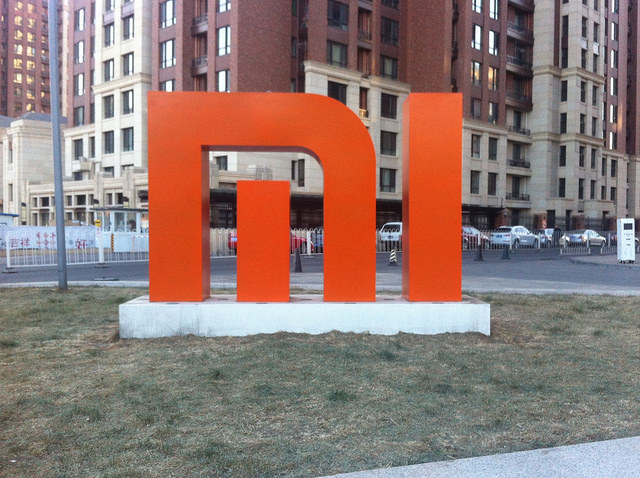 APPS
APPS
 APPS
APPS
 APPS
APPS
Chinese smartphone maker Xiaomi Inc. is enduring a difficult first day of trading following its initial public offering on the Hong Kong stock exchange, with its share price falling nearly 3 percent.
Xiaomi’s debut marks a blow to investor sentiment in the tech sector, as a number of Chinese firms prepare their own debut listings, including Tencent Inc.’s music business.
Xiaomi’s stock price fell after the company, which is the world’s fourth-largest smartphone maker, priced its IPO at HK$17 per share, the lower end of a planned range. The company reportedly raised $4.72 billion in what is said to be the biggest tech IPO in four years.
However, the weak pricing values Xiaomi at just $54 billion, down from its original $100 billion valuation at the time it announced its IPO. Xiaomi’s shares fell 4.8 percent to HK$16.18 at one point before rebounding slightly.
The listing comes at a delicate time for Hong Kong’s benchmark Hang Seng index, which fell 2.7 percent last week and is down 5.8 percent overall this year on fears of an escalating trade war between the United States and China.
Xiaomi’s IPO is also the first under newly introduced rules in Hong Kong that enable what are called “dual-class shares” that come with different voting rights. The idea behind these shares is that founders can raise money while also retaining more influence on business decisions after going public.
Xiaomi’s main market is the smartphone business, but it also sells other kinds of devices, including laptops, smart watches and smart rice cookers. The company’s primary market is in China, though it’s pursuing an aggressive growth strategy in other countries. However, analysts have questioned Xiaomi’s ability to sustain its growth, noting that most of its smartphone devices are lower-end models.
Analyst Holger Mueller of Constellation Research Inc. said Xiaomi’s offering is a stark reminder that the markets remain fickle for tech IPOs. “Weakening smartphone demand, the need for the high-end headset makers to find a lower cost strategy, dark clouds of trade wars on the horizon and confusion on what Xiaomi’s organizational DNA is may all have been a factor in the trading on opening day,” Mueller said.
Still, on the bright side, he noted that Xiaomi still has a great market position in China and India, which are two of the world’s most important smartphone markets: “They have what a number of global players don’t have, which is market share and market expertise.”
THANK YOU